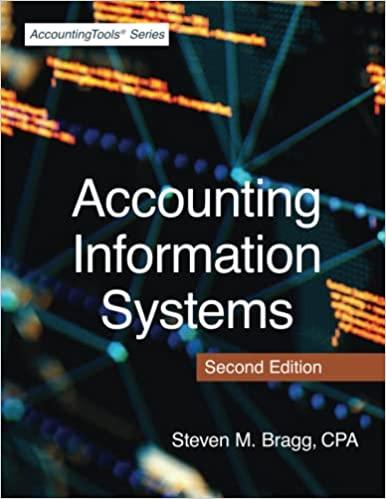Question
Taxation of Retirement Income Retirement income taxation refers to the tax treatment of income received by individuals during their retirement years. This includes various sources
Taxation of Retirement Income
Retirement income taxation refers to the tax treatment of income received by individuals during their retirement years. This includes various sources of retirement income, such as pensions, annuities, Social Security benefits, investment withdrawals, and other retirement accounts. Understanding the taxation of retirement income is essential for retirees to effectively plan their finances and minimize tax liabilities.
Types of Retirement Income and Taxation:
Pensions and Annuities:
Income received from employer-sponsored pensions and annuities is generally taxable at ordinary income tax rates.
The taxation of pensions and annuities may vary depending on whether contributions were made on a pre-tax or after-tax basis.
Social Security Benefits:
The taxation of Social Security benefits depends on the recipient's total income, including other sources of retirement income.
If a taxpayer's combined income exceeds certain thresholds, a portion of their Social Security benefits may be subject to taxation.
Investment Withdrawals:
Withdrawals from retirement accounts such as 401(k) plans, traditional IRAs, and 403(b) plans are typically taxed as ordinary income.
Roth IRA withdrawals, if taken after age 59 and meeting certain requirements, are generally tax-free since contributions were made with after-tax dollars.
Capital Gains:
Gains from the sale of investments held in taxable accounts, such as stocks and bonds, are subject to capital gains tax.
Long-term capital gains, from assets held for more than one year, are taxed at lower rates than ordinary income.
Other Retirement Income:
Other sources of retirement income, such as rental income, part-time employment, or royalties, are taxed at ordinary income tax rates.
Planning for Retirement Income Taxation:
Income Timing: Retirees may consider timing their withdrawals from retirement accounts strategically to manage their tax liabilities, especially in years where they have lower income.
Tax-Efficient Investments: Investing in tax-efficient vehicles such as municipal bonds or tax-managed funds can help minimize taxable income during retirement.
Roth Conversions: Converting traditional retirement account funds to a Roth IRA can provide tax-free income in retirement, although it may trigger a tax liability in the year of conversion.
Charitable Giving: Qualified charitable distributions from retirement accounts allow individuals aged 70 or older to donate funds directly to charity, potentially reducing taxable income.
Fill in the Blanks Question:
Income received from employer-sponsored pensions and annuities is generally taxable at ________________, while withdrawals from Roth IRAs are typically ________________.
A) Capital gains tax rates, tax-free B) Ordinary income tax rates, tax-free C) Long-term capital gains tax rates, taxable D) Ordinary income tax rates, taxable
Step by Step Solution
There are 3 Steps involved in it
Step: 1

Get Instant Access to Expert-Tailored Solutions
See step-by-step solutions with expert insights and AI powered tools for academic success
Step: 2

Step: 3

Ace Your Homework with AI
Get the answers you need in no time with our AI-driven, step-by-step assistance
Get Started


